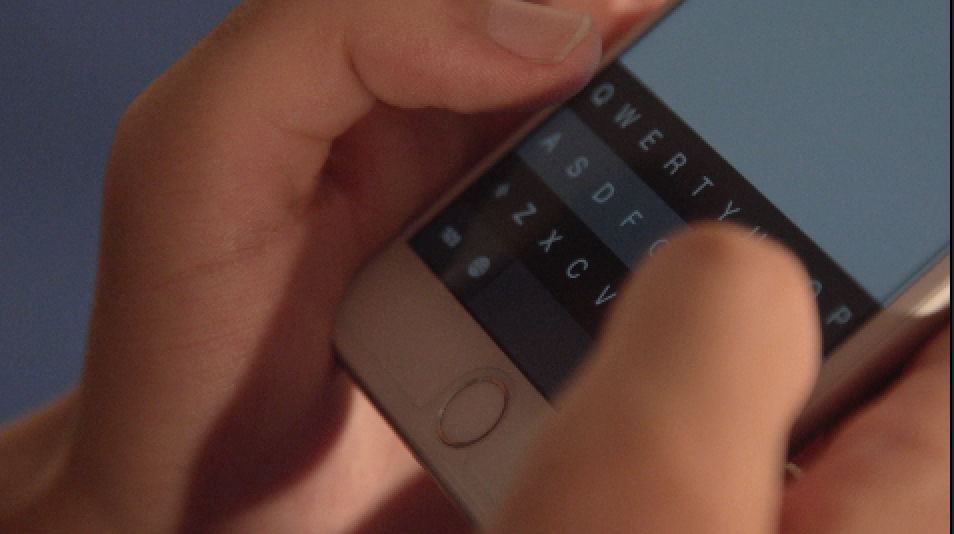The iPhone isn’t just a handy device that helps you do important chores, connect with friends and family, and waste plenty of energy and time on various procrastination-enabling activities. The iPhone is increasingly becoming part of who you are, and whenever you’re not in its proximity, it’s likely you don’t feel complete. At least that appears to be the conclusion of a new study from The University of Missouri.
FROM EARLIER: Supply meets demand: All models of the iPhone 6 are now in stock
According to the study, iPhones have become “extensions of our selves” in some cases, with users experiencing serious mental discomfort when the handset isn’t around, potentially resulting in diminished cognitive capabilities.
The study looked at 40 iPhone owners under the false premise that they would be testing the reliability of a new wireless blood pressure cuff.
In the first part of the study, they were told to complete a word search puzzle with the iPhone by their side. In the second phase, the subjects were asked to give up the device because it was supposedly causing Bluetooth interference.
The researchers monitored heart rates and blood pressure and found out that iPhone separation leads to unpleasant feelings, with users registering their own anxiety during both tests. More importantly, researchers discovered that anxiety increase following iPhone separation lead to a significant decrease in puzzle performance.
“Our findings suggest that iPhone separation can negatively impact performance on mental tasks,” MU doctoral candidate Russell Clayton said. “Additionally, the results from our study suggest that iPhones are capable of becoming an extension of our selves such that when separated, we experience a lessening of ‘self’ and a negative physiological state.”



